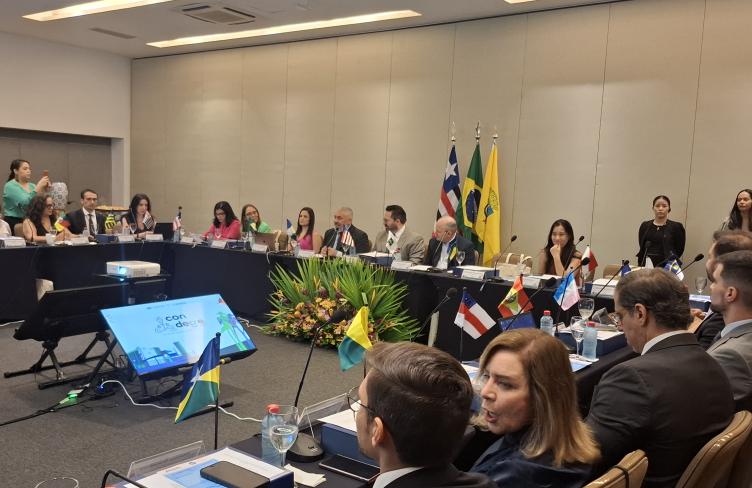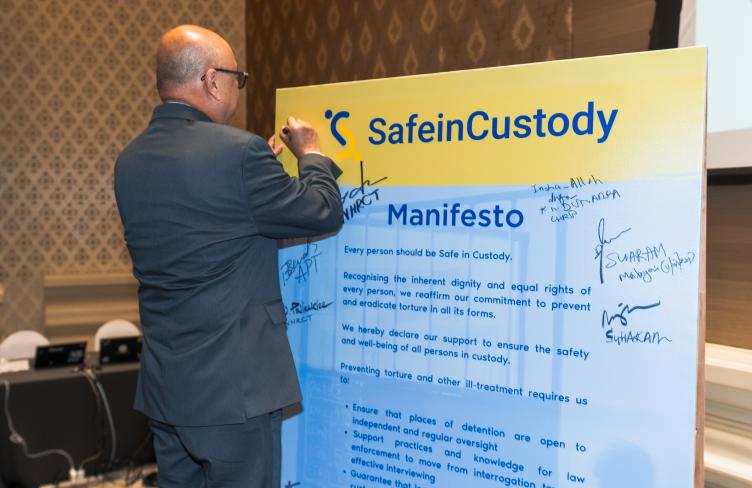
So now we know. Some of it at least. Despite the redactions and the fact that the full report may itself never be made public, what is there, in the pages of the summary, is enough to shock and to horrify even the most hardened of commentators.
Rectal feeding, mock executions, forced to stand on broken limbs for hours. It was a hideous euphemism before the report, but who now can use the phrase “enhanced interrogation” except the grossest apologist?
The published executive summary of the Senate Select Committee on Intelligence examines in onerous detail examples offered by the CIA on the effectiveness of many of the torrid techniques plainly recognised as torture. In the 20 most frequently cited examples, the report found that information coerced from detainees had no benefit at all, or that torturing detainees failed to provide any useful intelligence. The report also describes that the torture often resulted in fabricated information, presumably given by the victims to appease the brutal tactics of their interrogators. In addition to being a gross violation of rights, the summary succinctly demonstrates one of the most critical lessons to be learned from the report: torture is absolutely ineffective as a tool of interrogation.
This is not a new lesson, and it is rather galling that it is necessary to repeat it again. In ancient Rome, it was widely recognised that information obtained by torture was worthless. Around 200 AD, the jurist Ulpian famously wrote that, when tortured, the strong will resist and the weak will say anything to end the pain. At the end of the Second World War, Hans Sharff was celebrated by both Germans and allies alike, for being the master interrogator of the German Luftwaffe for using courtesy and cooperation to elicit important information from prisoners without force or coercion. In recent years, including those examined by the report, a number of professional interrogators have come forward to write about their experiences in interviewing suspected terrorists in Iraq, Afghanistan and elsewhere. Many report that non-coercive methods of investigation are effective and that the violence and abusive practices used by aggressive elements in their services produced no actionable intelligence, and worse, significantly hindered their ongoing investigations.
Congress should be congratulated for the report and the speeches of Senators Feinstein and McCain were stirring stuff. Although, if nothing else, this report shows that democratic oversight of the intelligence services needs to be urgently reinforced. The barriers to access that the committee was forced to overcome and the long battle over redactions suggest that their powers must be strengthened if the executive is not to overreach again in future.
The question of consequences
And then there is the question of consequences. Oversight itself is meaningless unless it is linked to responsibility. That is the very definition of accountability. Without action to punish those who seem quite ready to admit that they ordered and participated in this nightmarish programme, then both oversight and the rule of law are little more than ideas, crushed beneath the wheels of executive power.
In 2008, the then Senator and Presidential Candidate, Barak Obama said “a basic principle of our constitution is nobody above the law.” He was right. And all the arguments now flowing forth about effectiveness and lives apparently saved do not change the fact that the US, under both domestic and international law, has an obligation to prosecute those responsible. The utility arguments are nothing but a sideshow.
Beyond the United States, there are also questions to be answered in every state that cooperated with the CIA, that hosted prisons, that allowed rendition flights to use their airspace and their airports. In this sense, the US is ahead – at least they are admitting their role. Now let’s see the governments of those states – masked by colours in the report – but including the UK, Poland, Afghanistan and others admit the full extent of their role and end impunity for those who participated.
Torture prevention is about looking forward. But without looking back, without prosecuting those responsible for these ghastly acts, looking forward will never be a solution. Not the United States, not for Europe, not for anywhere else that bought the falsehood that torture can ever be okay.
Ben Buckland is NHRI Adviser at the APT
Matthew Sands is Legal Adviser at the APT


